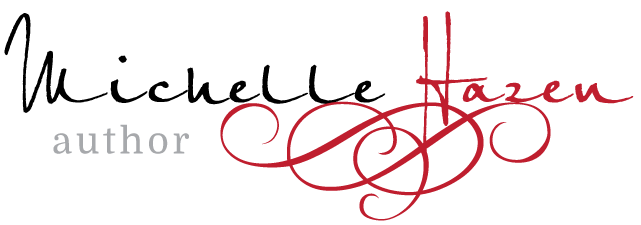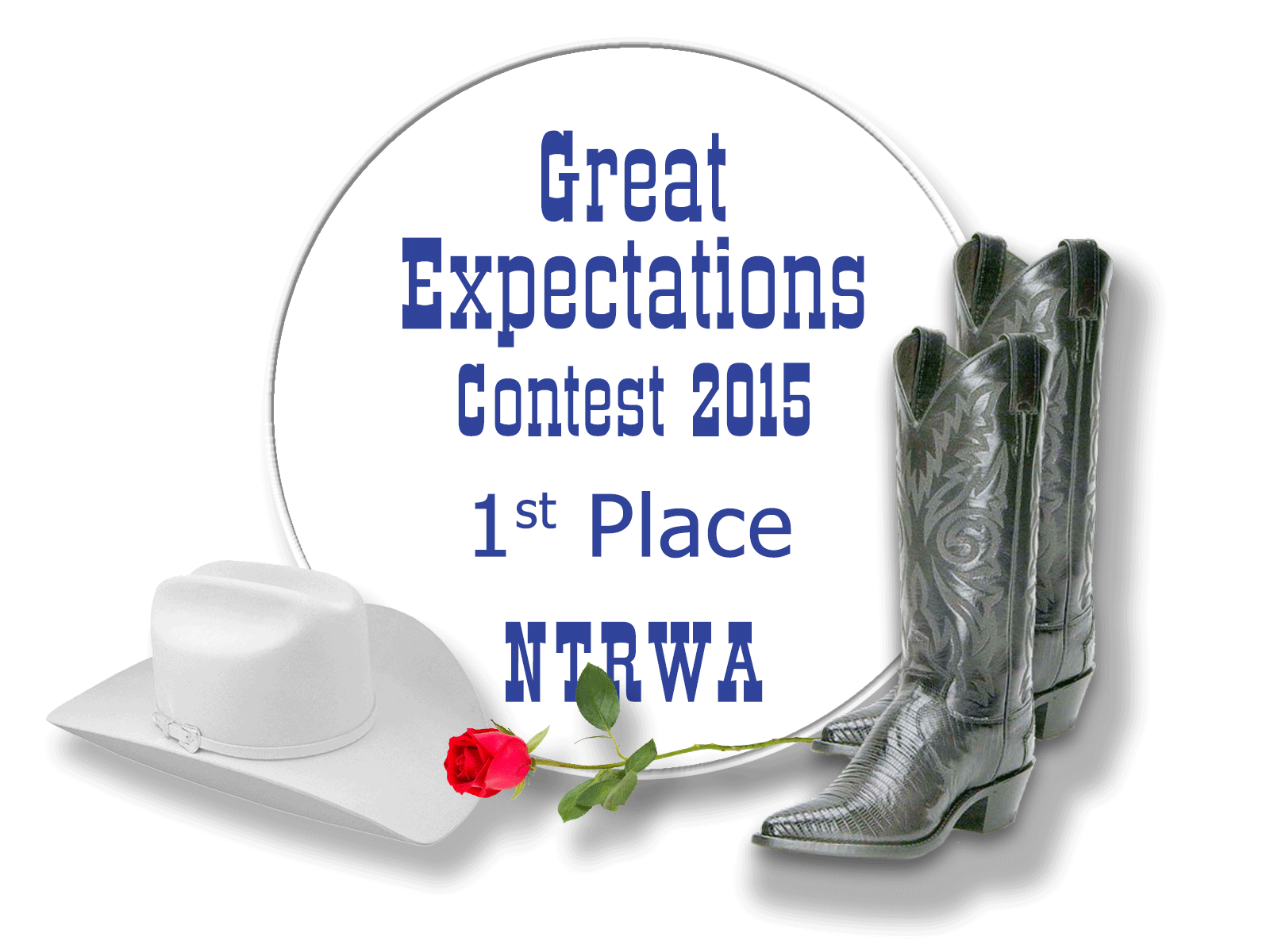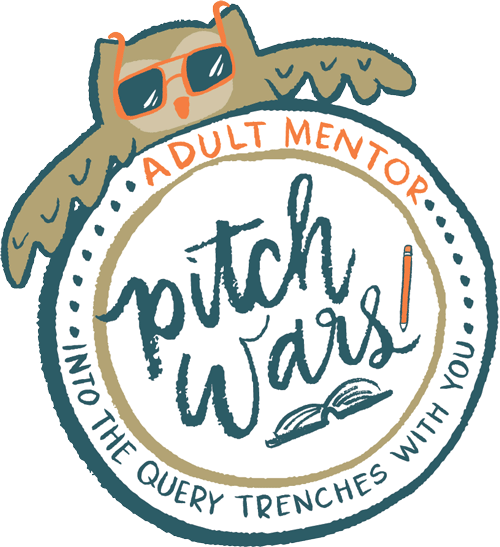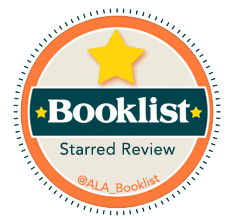3 Surprising Reasons I DNF Books, and How Writers Can Avoid Them
Have you ever been in a reading slump? You know the kind I mean, where you’re dying to disappear into the pages of a great novel, but everything you pick up leaves you feeling like, “Huh, I wonder if I should check Twitter.”
As I’ve gotten older and free time has gotten tighter, I’ve become pretty Machiavellian about not finishing any books that I don’t love. Recently, I’ve loved so few that I decided to take a really close look at what was failing to hook me. Not what I think is good or bad writing technique in general, but just selfishly what works for me. After a lot of list-making and brainstorming, it all kept circling back to three main things. Or, actually, just one main thing.
I don't finish a book if it doesn't feel real.
Turns out, there are some very specific reasons what makes fiction feel real or not, at least to me. Let’s break it down a little further.
The main three reasons I don’t finish a book are:
- It doesn’t feel real
- It’s predictable
- It isn’t going anywhere
I think writers know to avoid all three of these things. So how are even published books failing so often? To write a blog that goes beyond basic writing advice that’s been given a thousand times, I really focused in on my experience and asked, “What isn’t working for me personally?” Today, I’d like to share the most surprising of my realizations. (For the tl;dr version, skip to the end).
1. What makes a story not feel real?
One of the things that triggered my loss of interest was something kind of shocking, because it’s generally regarded as good writing.
If it tells the stakes and conflict.
Clear conflict and stakes are good, right? Yes, absolutely. But for me personally, a lot of the books I was putting down had the conflict and stakes written out plainly within the first few pages. Instead of drawing me in, it felt forced, like reading a blueprint instead of feeling like I was watching a real thing happening.
Takeaway: stories where the conflict evolved naturally and was shown and demonstrated rather than told or summarized tended to keep me interested for longer.
If the characters feel like a type.
This went beyond stereotyping. I’ll put stereotyped characters’ books down halfway through the first sentence. However, a lot of making characters relatable is about writing a type, so you read them and think, “I’ve known somebody just like that!” But I noticed, watching myself read, that the moments when I became interested in characters were always the moments when they did something surprising. Something that contrasted with their general “type” or was something that real people do but Book People rarely do.
Takeaway: next time you’re reading a book and you really lock onto a character you love, stop and re-read what was on the page in the moment that character really entered your heart. See what works for you and see if you can learn from that.
If it had too many coincidences.
This one gets me every time. In real life, coincidences are fascinating, because you’re like, “How did that happen? What are the odds?” In fiction it’s like, “Why did that author person write things into his book that wouldn’t ever happen in real life? And why should I care about this story that will clearly never look anything like the life I’m living?”
2. What makes a story feel predictable?
Stories have to make sense, but if your story follows the most logical path, it will be predictable. Therein lies the zen koan: the most satisfying endings feel like they make perfect sense, but are also surprising.
That’s a pretty well-known writing craft tip, but I happened to notice that I didn’t just need a book to be surprising or have a twist. To keep reading, I needed there to be some early indication that this book was going to be different.
To keep reading, I needed there to be some early indication that this book was going to be different.
So if your book has a crazy twist that nobody’s ever seen before, and that happens at 80%? It doesn’t matter. If you don’t give us a clue in the first 10% that your book is different, we might not stick around to experience your brilliance.
One great example of this is the movie Black Panther.
There were a lot of twists in that movie, and one of the ways they let me know I was going to love it is that they kept setting me up to expect one thing, and then giving me something different and surprising–usually busting through stereotypes in the process. It was a lovely way to have the structure of the piece reflect the theme, and it kept me interested. In the very first introduction scene, they did something unexpected, which cued me to think, “This won’t be like watching the same superhero movie I’ve seen a thousand times.”
Takeaway: next time you’re looking at the opening to your manuscript, think about how you can leave clues for your reader to let them know this book will be fresh and different.
3. When does a book feel like it isn’t going anywhere?
The stock answer to this is that the character needs a goal, something standing in their way (conflict) and something to lose (stakes). I’d take it a step further than this and say, it doesn’t matter if a book has a goal if I don’t care about it.
When the goals have no emotional resonance.
One of my favorite shows, The Vampire Diaries, is famous for using McGuffins: basically object X the character needs because Plot Reasons. That’s a goal, right? Um, kinda yeah mostly. But in the course of 8 seasons of the Vampire Diaries, there were some McGuffins I really really cared about, and some that left me feeling like maybe it was time to shut off the TV and clean out the crumbs in the vegetable drawer of my fridge.
The difference between the two? Introducing emotional resonance first.
When the show was like, “Quick! We must find the Scepter of Everlasting Cock Blockage!” I was like, “Time to clean that fridge.” And when they instead sucked me into really wanting two characters to be together, but then infected one with a virus that turned them into a bloodthirsty psycho? Yes, I darn well wanted them to find that magical antidote!
Takeaway: Make the reader care about the problem before you dangle the possibility of an answer, if you want them to care about your McGuffin.
When it hasn’t asked a question I want the answer to.
Like I said, I’ve put down a lot of books that had clear goals and stakes. They checked all the boxes! Their author read beat sheets! They bookmarked blogs on craft, dang it! So why was I abandoning these writers?
Turns out, it's not about what you say, it's about HOW you say it.
Think about meeting a girl at a party.
You ask her how she’s doing. Girl 1 says, “Fine, except for the stripper and the trout liver.”
You ask another girl how she’s doing and she says, “Oh I’m great! My name is Mary and I like toast and socks with owls on them and last weekend I cooked eggs and visited my friend Sam and she made me go with her to a strip club and to this gross forest-to-table restaurant and don’t you hate that kind of stuff?”
Which girl gave you more information? Which girl do you want to know more about?
Both girls had experiences with strippers and trout livers, but the way it was presented made me want to know the answer to the question in one case, and in the other case made me not want to know anything more about anything. Like, ever.
Takeaway: Don’t just have stakes and conflict. Show them in a natural, curiosity-building fashion.
tl;dr version
So as a writer, what should I do?
Don’t skip your yoga class and drink plenty of water?
I don’t know, I really don’t have all the answers here. But taking a closer look at what made me love some books and feel lukewarm about others taught me a lot. Here are some quick takeaways for writers on what will make your writing more addicting.
Be surprising.
Be down to earth.
Be clear, not blunt.
Engage curiosity before you answer questions.
~
What about you guys? I’d love to hear in the comments about what makes you lose interest in a book.


















Awesome post, Michelle. Thanks for sharing what makes you DNF a book. I think you’ve hit on some important points here.